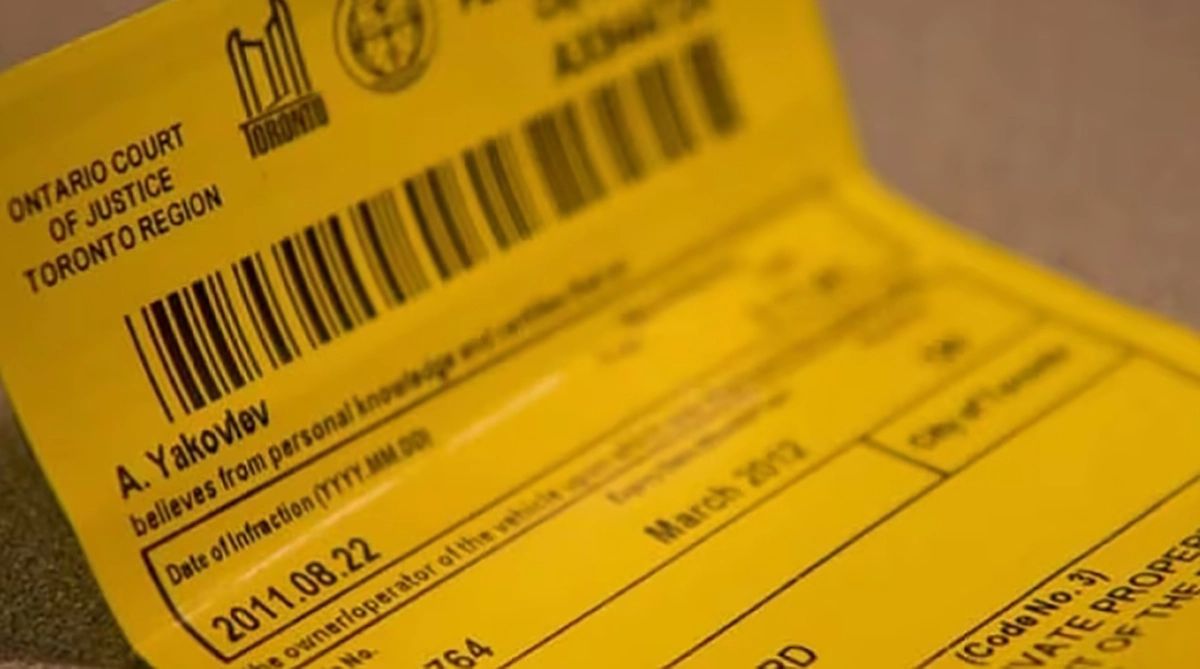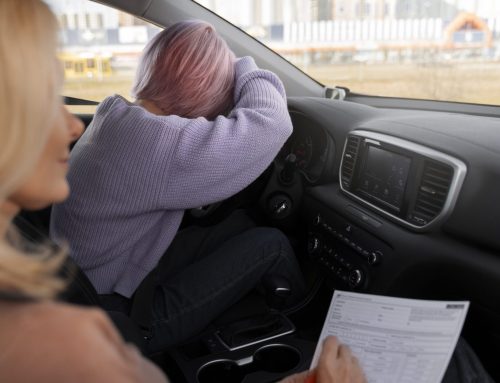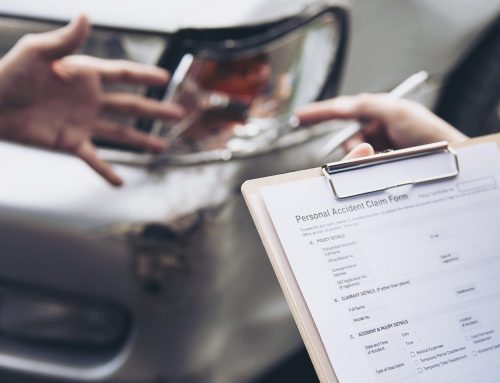The period immediately following an accident is often filled with confusion and concern, not just about the immediate physical damages or injuries but also regarding the potential legal consequences that might emerge in the days, weeks, or even months ahead. It’s in these moments of uncertainty that knowledge about the process of receiving traffic tickets, understanding the legal system’s response to such incidents, and comprehending the potential for lawsuits becomes invaluable.
The issuance of a traffic ticket is a common concern for many involved in vehicular accidents. These legal documents serve as notices issued by law enforcement to individuals or entities accused of violating traffic regulations. The implications of receiving a traffic ticket extend beyond the immediate financial penalties; they can have long-lasting effects on one’s driving record, insurance rates, and legal standing. Given these potential consequences, it’s crucial for individuals to grasp not just the immediate steps to take following an accident but also to understand the broader legal framework within which these incidents are situated.
Moreover, the possibility of being sued after a car accident introduces another layer of complexity to the aftermath of such events. Lawsuits can arise long after the initial incident, often when individuals least expect them, leading to further stress and uncertainty. Understanding the steps to take after a car accident, how to navigate the possibility of receiving a traffic ticket or a court summons, and knowing the best practices for ensuring one’s insurance coverage remains intact are all critical components of managing the consequences of a car accident effectively.
This article aims to demystify these processes, offering clarity and guidance to those who find themselves navigating the aftermath of a car accident in Ontario. By delving into the specifics of traffic tickets, the legal processes that follow, and the potential for lawsuits, individuals will be better equipped to handle the challenges that arise, making informed decisions that protect their interests and ensure their rights are upheld.
Understanding the Aftermath: What Is A Ticket?
A traffic ticket is not just a piece of paper; it’s a legal document issued by law enforcement to an individual or entity accused of violating traffic laws. These violations range from speeding to more severe offences such as reckless driving. The issuance of a ticket sets in motion a legal process that can lead to fines, demerit points, or even court appearances.
Can You Get a Traffic Ticket After the Fact?
Unveiling the Delay
Part I Offences
For minor infractions, known as Part I offences under the Provincial Offences Act, there’s a general misconception that tickets must be issued immediately. However, the law allows officers to serve a ticket within 30 days after the alleged offence. This period allows for thorough investigation and consideration before charges are laid.
Part III Offences
More serious offences, categorized as Part III, often involve summonses to court without a preset fine. These can be issued up to six months after the incident. This extended timeframe reflects the gravity of such offences and the detailed investigation required.
How Long Does a Ticket Stay on Your Record?
In Ontario, traffic tickets remain on your driving record for at least three years from the date of conviction, not the date of the offence. This duration impacts insurance rates and can influence the outcome of future legal or traffic-related matters.
Are You Automatically Liable If You Get a Ticket?
The receipt of a traffic ticket in the aftermath of a car accident often leads to a common misconception among individuals—that being issued such a notice is tantamount to an admission of liability or guilt. However, this is far from the truth within the legal framework. It’s imperative to understand that a traffic ticket, while it does signify an alleged violation of traffic laws, does not in itself establish the receiver’s liability for the accident nor does it guarantee a conviction in a court of law.
A traffic ticket essentially serves as a formal accusation, initiating the legal process. It indicates that law enforcement believes a violation has occurred, but it is the beginning, not the end, of the judicial journey. The legal system provides a structured pathway for contesting these allegations through the courts, offering individuals the opportunity to present their case, challenge the evidence against them, and argue their perspective before a judge.
This judicial process is grounded in principles of fairness and the right to a defense. Upon receiving a ticket, individuals are granted several options—they can choose to pay the fine, admitting to the offence, or they can opt to dispute the charges in court. Choosing the latter initiates a process where both parties—the prosecution and the defendant—have the opportunity to present evidence, call witnesses, and make legal arguments. This process is crucial as it allows for a thorough examination of the circumstances surrounding the incident, ensuring that any conviction is based on a comprehensive assessment of facts and evidence.
Moreover, challenging a ticket in court can sometimes reveal procedural errors or discrepancies in the evidence against the accused, which can significantly affect the outcome. Legal representation can be particularly beneficial in these situations, providing expertise in navigating the legal system, crafting effective defense strategies, and ensuring the accused’s rights are protected throughout the process.
It’s also important to note that the outcome of this legal process can have significant implications. A conviction may lead to demerit points, increased insurance premiums, and even suspension of driving privileges, depending on the severity of the offence. Conversely, a successful challenge can result in the dismissal of charges, avoidance of penalties, and preservation of the individual’s driving record and insurance rates.
Understanding this process and actively engaging with it, whether through personal initiative or with the support of legal representation, is vital in ensuring that justice is served and that individuals’ rights are upheld.
Top of Form
What’s the Presumptive Ceiling in Traffic Court?
The presumptive ceiling refers to the maximum time considered reasonable for bringing a case to trial after charges are laid. While not explicitly defined in traffic court contexts, the Supreme Court of Canada has ruled that undue delays of over 18 months, can lead to arguments for dismissing charges based on the right to a timely trial.
Insurance Shield: Ensuring Coverage After an Accident
Post-accident, it’s paramount to notify your insurance provider regardless of fault or the immediate issuance of tickets. This step ensures coverage and assists in the eventual legal and claims process. Insurance companies have their own procedures for determining fault and liability, which can influence future premiums and coverage.
How to Deal with the Legal Consequences?
Steps to Take After a Car Accident
- Ensure Safety: First, check for injuries and ensure all parties are safe.
- Document the Scene: Take photos, gather witness information, and note details of the accident.
- Report the Accident: If required by law or if there are significant damages or injuries, report the accident to the police and your insurance company.
Lawsuit After Car Accident
If you find yourself being sued after a car accident, it’s crucial to seek legal guidance immediately. Legal representation can help you navigate the complexities of defense, ensuring your rights are protected throughout the process.
Conclusion: Navigating the Unknown Roads
The possibility of receiving a traffic ticket or facing a lawsuit after a car accident, sometimes months later, underscores the importance of understanding your rights and obligations under Ontario’s traffic laws. Immediate steps taken after an accident and seeking professional legal assistance can significantly impact the resolution of such matters. Whether it’s challenging a traffic ticket or defending against a lawsuit, informed decisions and timely actions remain your best defense on the unpredictable roads of post-accident legalities.









Leave A Comment
You must be logged in to post a comment.